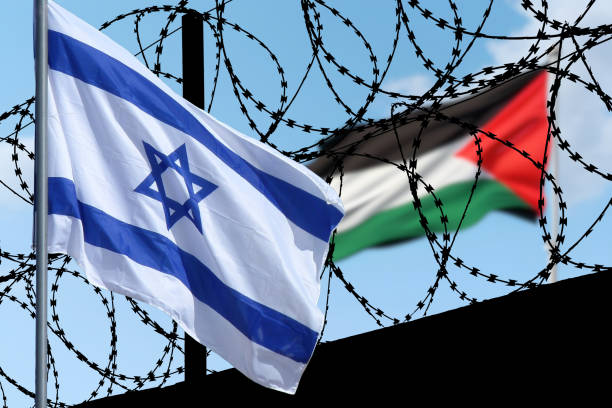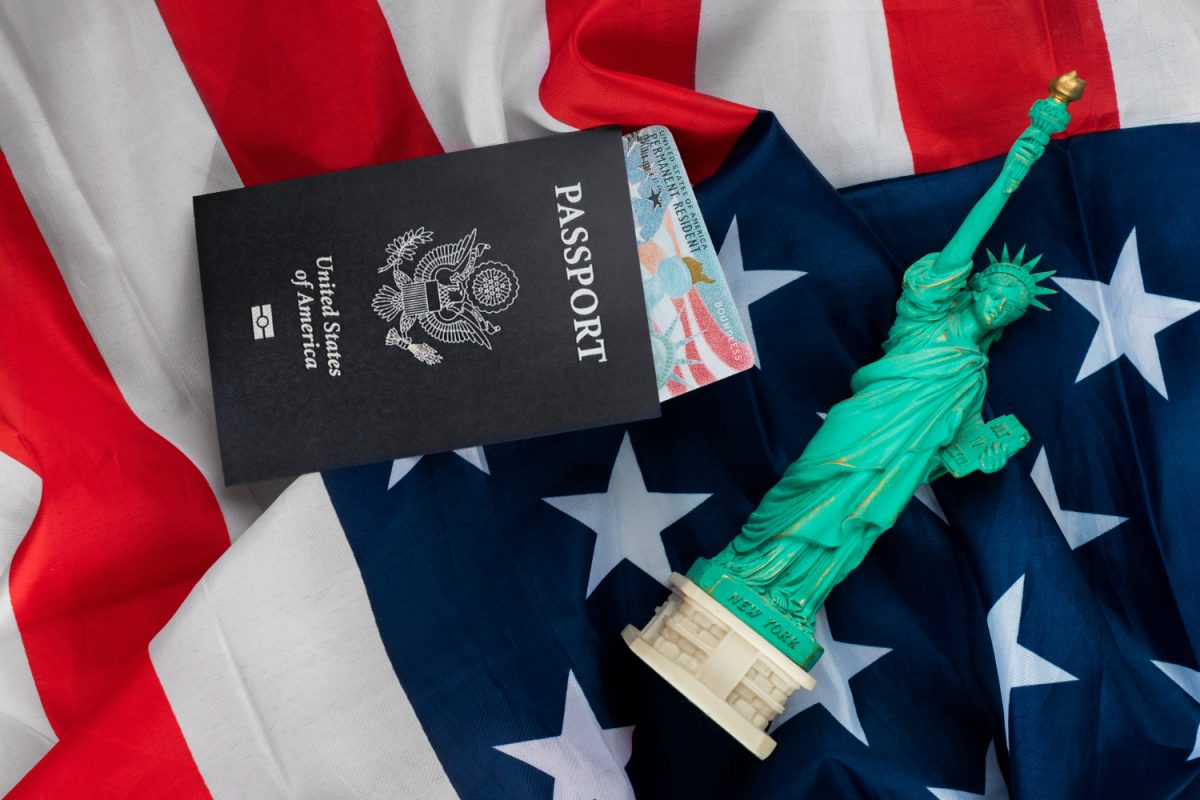On January 15th, 2025, a ceasefire between Hamas and Israel was reached, with President Trump claiming to have been responsible for the unanticipated compromise. This lasted until March 18th when Israel launched surprise airstrikes on Gaza, during an important Muslim holiday– Ramadan. Currently, Israel is continuing to order missile strikes, and reports indicate that medical personnel have been among the casualties across Gaza. However, this is not the first “ceasefire” to have happened between Palestine and Israel– an agreement made called the Oslo Accord, which outlined territorial divisions and temporarily established peace.. This however was only temporary as Israel would later attack Palestine again with the intention to gain the capital of Jerusalem. A sacred place to the abrahamic religions; Christianity, Islam, and Judaism.
The Israeli-Palestinian conflict began in 1948 after Great Britain withdrew forces from Palestine, allowing Israel to establish itself as a nation on Palestinian lands. Palestine and Israel have not been fighting alone. Several Middle Eastern countries, including Egypt, have supported either side with weapons and supplies.
I want to dive more into the specifics of how each country played a part in the enhancement of this conflict. Starting off with Lebanon, Israel who fought two wars against them in 1982, and 2006 when Hezbollah militants kidnapped two Israeli soldiers, these two countries have regularly clashed because of Hezbollah (a terrorist group). Next, is Syria who had their territory termed “The Golan Heights” captured by Israel beginning the 1967: Six-Days War. Although Syria isn’t innocent, they were one of the five Arab nations to immediately attack Israel when it declared its independence.
Many of the middle eastern countries have gotten involved in the conflict to mediate or support Palestine; specifically Saudi Arabia and Egypt. Saudi Arabia used to be a major backer for Palestine, but as of recent years they’ve focused more on Israel because of a common enemy with Iran. Egypt mainly focused on mediating the conflict, and was the first Arab nation to recognize Israel as a country. Over time, many other Arab nations have joined with the intention to spark some larger conflict with enemy nations, making the Israel-Palestinian conflict a form of a proxy war.
In conclusion, the end of the Israeli-Palestinian conflict doesn’t seem to be near, as both countries are fighting for territorial claims and national identity, rooted in complex political and religious differences.. Both sides have struggled to maintain long-term peace, with recurring breakdowns in negotiations.It is important to realize that both countries are built off the foundations of religions that were born in that region, but Palestine was there for hundreds of years before Israel and if a peace treaty can be made to separate the lands properly, a massive win can be made in the Middle East.







